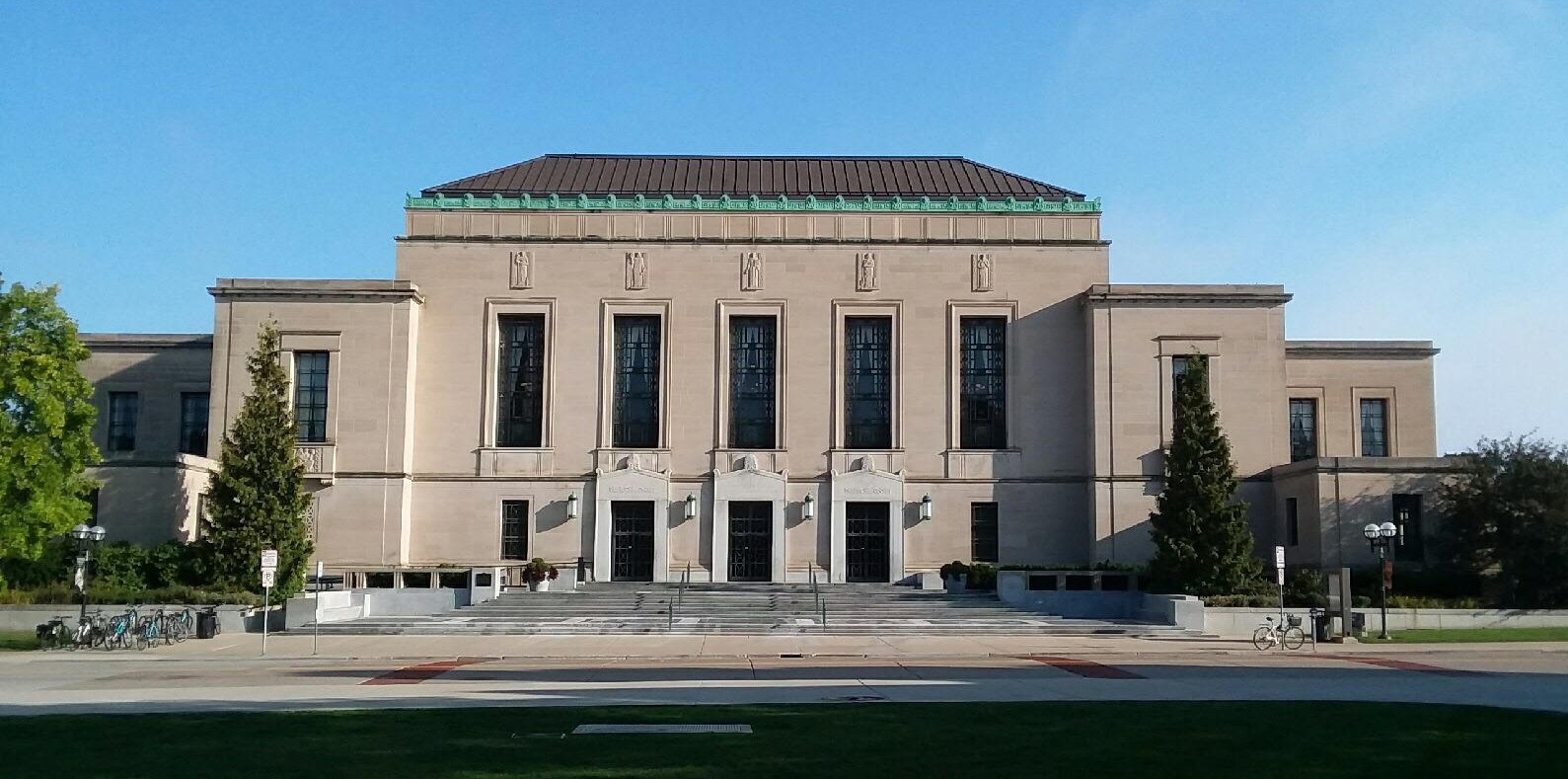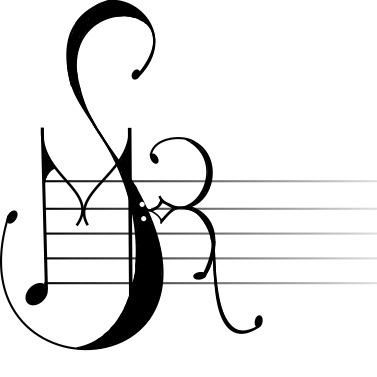
On May 20, SMR member Michaela Franzen successfully defended her dissertation, “Prokofiev in Paris: Reconstructing the Narrative of Sergei Prokofiev’s Émigré Period,” before her committee, colleagues, and friends gathered via Zoom. Congratulations, Michaela! Please see below for an abstract of Michaela’s dissertation.
Prokofiev in Paris: Reconstructing the Narrative of Sergei Prokofiev’s Émigré Period
Abstract
After migrating to the West in the wake of the 1917 Bolshevik Revolution and living in Paris for over a decade, Sergei Prokofiev moved back to the Soviet Union in 1936, during the height of Stalinism. To explain this puzzling decision, scholars have constructed narratives centered around homesickness, displacement, or disappointment with career failures in the West, portraying Prokofiev as a cultural outsider in Paris who was inevitably propelled back to his Soviet homeland. New evidence contradicts this portrayal, revealing that Soviet officials promised him abundant musical commissions, firm financial backing, and freedom to expand his international prestige if he were to relocate to Moscow (Morrison, 2009). For an émigré composer who had been competing for commissions in the West for over a decade, these promises were too compelling to ignore.
This study reassesses Prokofiev’s émigré period by rejecting teleological notions of an “inevitable” Soviet return, instead revealing the depth of influence Prokofiev had on his contemporaries in interwar Paris, and the simultaneous influence of his Parisian context on his own personal and compositional transformation throughout the period. It first demonstrates that Prokofiev cultivated a liminal space for himself as a cultural liaison in Paris, fostering professional connections between various national, religious, and artistic groups to which he had access as an émigré, becoming an influential figure whom the French, on both sides of the political spectrum, claimed as their own. It then explores the musical implications of his immersion in cosmopolitan Paris, using Florian Scheding’s (2019) framework of “migratory aesthetics” to reconceive three works of this period as products of his complex émigré identity and engagement with Parisian artistic movements. Lastly, it argues that Prokofiev’s Soviet return was not a result of failure in the West but was instead a logical next step after having found satisfaction in the international persona and style he had cultivated in Paris. “Prokofiev in Paris” concludes that by repudiating narratives of failure or victimhood, Sergei Prokofiev, who remains among the most enduring and popular composers of the twentieth century, might be restored from the periphery of our musicological narratives of twentieth-century music to a central position as a figure who influenced and contributed to key interwar artistic movements.
Recent Posts
SMR to Host Midwest Graduate Music Consortium 2025 Conference – January 13, 2025
SMR Welcome BBQ at County Farm Park – October 01, 2024
Julian Grey defends dissertation – June 05, 2024
Michaela Franzen defends dissertation – May 21, 2024
Kai West defends dissertation – May 16, 2024
Micah Mooney and Carlos Pérez Tabares present at Music Theory Midwest – May 12, 2024
SMR end-of-year round-up at County Farm Park – April 25, 2024
SMR hosts Research Showcase – September 29, 2023
 Society for Music Research
Society for Music Research